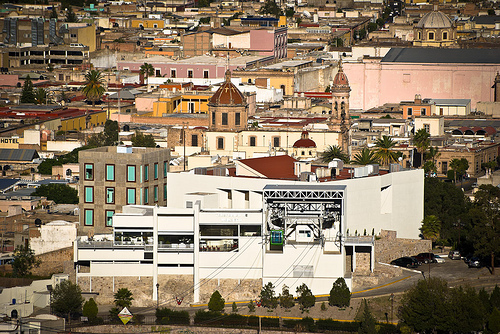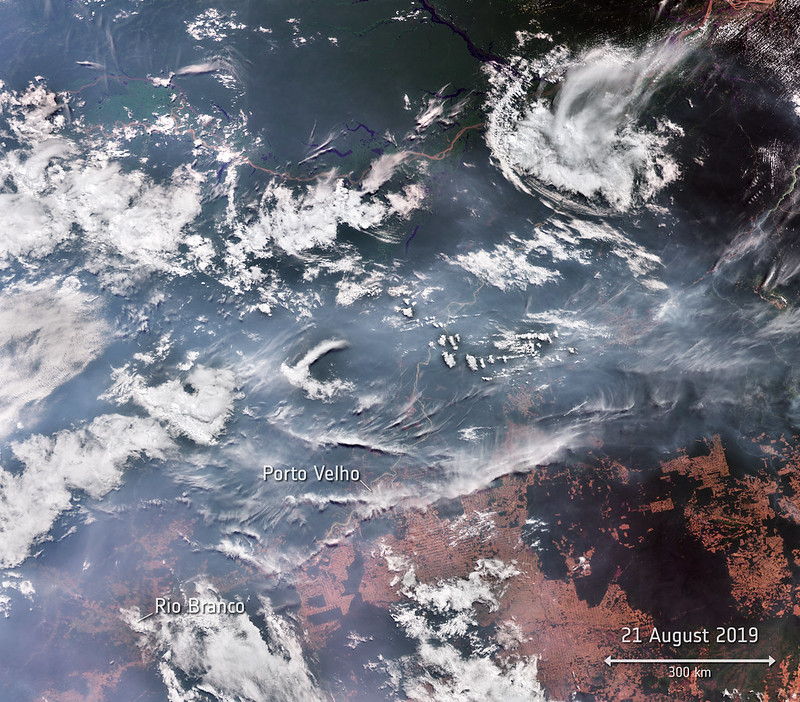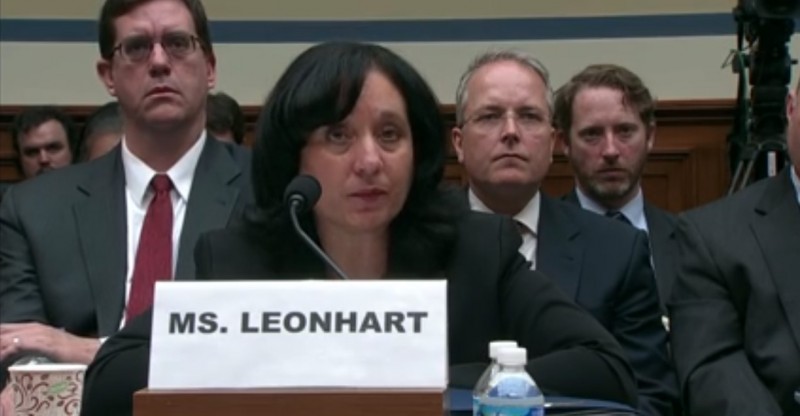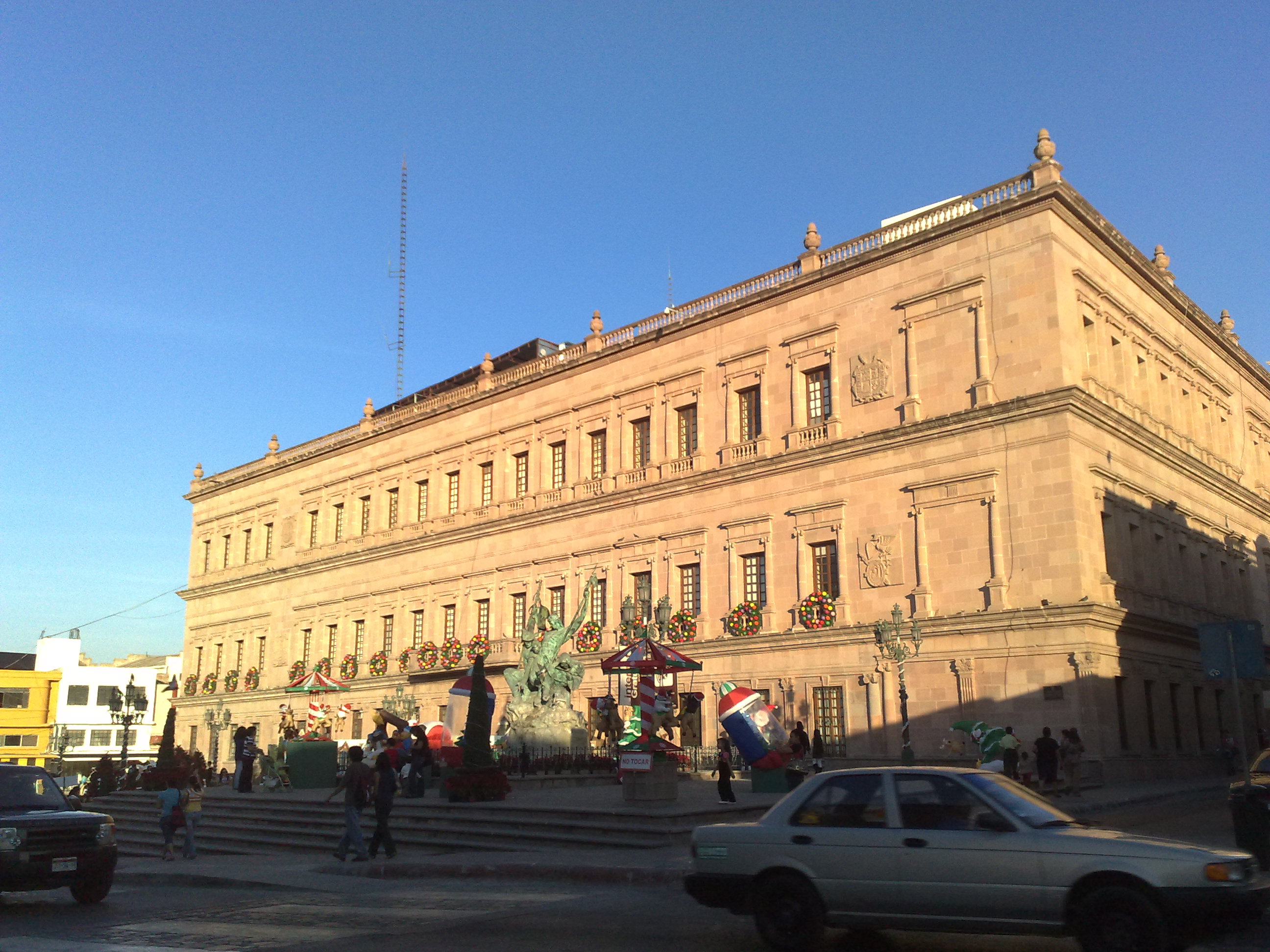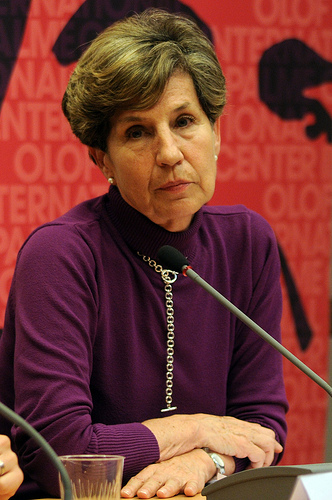
Colombia, Latin America: Week in Review
FARC Kills Two Colombian Mayoral Candidates; Release Communique Calling For “Political Solution”
June 1, 2011 By Staff
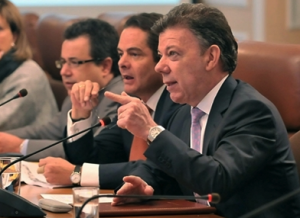
Colombian President Juan Manuel Santos (right) and Interior Minister Germán Vargas Lleras (middle).
Today in Latin America
Top Story — Guerrillas from the Revolutionary Armed Forces of Colombia (FARC) killed two mayoral candidates in the Colombian department of Antioquia over the weekend, a sign that violence is on the rise in the lead-up to October’s local elections.
Conservative Party candidate Guillermo Roldán Correa and Partido de la U candidate Donay de Jesús Correa Londoño, who were both running for mayor of Campamento, were killed by the FARC after being held for a short time in the the village of La Concha. The two politicians had never previously received any threats and had traveled without bodyguards, according to José Acevedo, the police chief of Antioquia.
Acevedo also said that both candidates were about five hours driving distance from Campamento when they were killed. Correa was in the village of La Polka and Roldán was in San Antonio when they were abducted.
The FARC’s 36th Front has a strong presence around Campamento, where in the past they have set up roadblocks, killed and kidnapped people and have also attacked the electricity infrastructure and roads in the area. The guerrillas in the region allegedly earn their income from the drug trade and by extorting local gold miners.
Violence by the FARC has been on the rise in recent weeks, with the group attacking a mayoral candidate for El Bagre in Antioquia and threatening conservative leader Liliana Rendón.
The attacks also coincide with the 47th anniversary of the FARC’s founding. On Monday the guerrilla group released a communique where it called for a “political solution” and a “civilized” end to the conflict in Colombia and blamed the government for preventing the end of the armed conflict.
Colombia’s Interior Minister Germán Vargas Lleras took a hardline stance to the communique, saying the government will not consider a humanitarian exchange and that the FARC should release all prisoners without any conditions.
“Nobody is going to build a stage for a political role without concrete facts that demonstrate a real will to release these people, so the government is not prepared to mount a platform that does not lead to anything, ” Vargas said, according to Colombia’s Caracol Radio.
The FARC have been fighting the Colombian government since 1964. Over the past decade their size and capabilities have been reduced as Colombia’s government launched a military offensive first under former-President Álvaro Uribe and continued under current President Juan Manuel Santos.
However, according to Colombian magazine Semana, the recent attacks and kidnapping by the FARC show a resurgence in the group.
Colombia’s regional elections are slated for October.
Just Published at the Latin America News Dispatch
- About 140,000 Uruguayans left their country in the aftermath of the 2001 financial crisis. Now, tiny Uruguay’s booming economy is luring them back. Mariana Bueno reports from Montevideo.
Headlines from the Western Hemisphere
North America
- Six people were killed by gunfire in the southern section of Monterrey in Mexico’s Nuevo León state.
- Authorities in the Mexican state of Sinaloa found at least eight banners alleging that the state’s governor had an alliance with cartel leader Joaquín “El Chapo” Guzmán.
- A report released by the Federation for Immigration Reform claims that the Obama administration’s immigration reform plan would harm the U.S. economy.
Caribbean
- Four men who threw anti-government leaflets in Havana’s Revolution Square were sentenced on Tuesday to up to five years in prison by a Cuban court, family members said.
- As a new Haitian government seeks to jump-start aid to rebuild the country after the January 2010 earthquake, a draft of a new United States government report suggests that the scope of the disaster was not as severe as previously estimated.
Central America
- The wife of former Honduran president Manuel Zelaya hinted that she might run for president, just days after returning to Honduras with her husband after months in exile.
- A Spanish court approved Tuesday the extradition of a former Guatemalan interior minister to face 10 murder charges stemming from incidents at two prisons there.
- Nicaraguan poet and Catholic priest Ernesto Cardenal is in the U.S. to promote his collection of poems “The Origin of Species.”
- U.S. embassy officials said they had “credible and compelling information” that Panamanian Supreme Court Justice Winston Spadafora took bribes to influence court cases, according to Wikileaks.
Andes
- Aymara Indian activists opposed to mining operations in Peru’s southeastern Puno region agreed in an open meeting Tuesday to halt protests until after the June 5 presidential run-off vote.
- Bolivia said on Tuesday it had taken steps to ensure that Iran’s defense minister, who is accused by Argentina of planning the 1994 bombing of a Jewish community center in Buenos Aires that killed 85 people, leaves Bolivia immediately.
- A corporal and two privates died when FARC guerrillas ambushed an army patrol in a remote area in Colombia’s Arauca province, which borders Venezuela, media reports said.
Southern Cone
- French Finance Minister Christine Lagarde is in Brazil in an effort to secure the country’s support in her bid to head the International Monetary Fund.
- A newly disclosed Chilean military legal file suggests that former President Salvador Allende was shot by a small firearm during the September 11, 1973 military coup.
- Argentina’s soccer federation said it was not required to have drug testing for a 1993 World Cup playoff against Australia.
- Brazilian President Dilma Rousseff will meet with the mayors of 11 of the 12 cities that will host matches in the 2014 World Cup.
